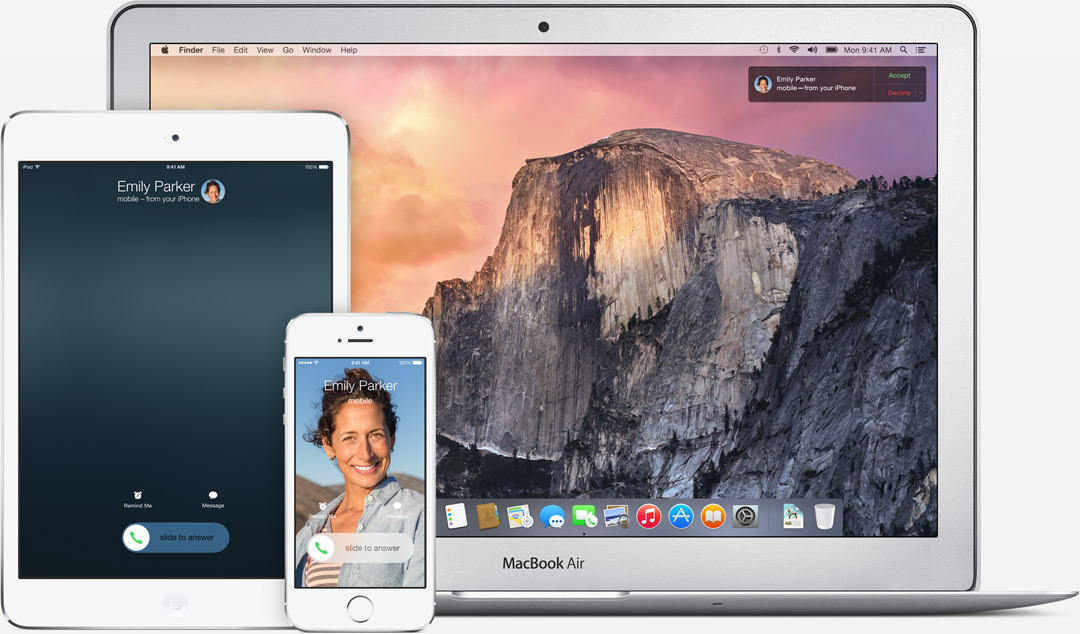

Hackers are increasingly targeting Apple’s iOS operating system as consumer need for the latest devices increases the attractiveness of targeting the latest iPhone models, according to security researchers.
Symantec has found that infections and new malware threats to the operating system have more than doubled over the past two years, as Apple’s reputation for top-level security comes under attack.
Overall, the number of serious iOS threats discovered this year has more than doubled, from three in 2014 to seven so far in 2015.
However the firm says that many threats are installed when the target connects their device to a compromised desktop computer.
“Apple users cannot be complacent about security,” Symantec said in a blog post. “Awareness of common threats combined with properly securing Apple devices should minimise the risk of infection.”
The report also found that the new Mac OS X threats rose by 15 percent in 2014, following an increase of 44 percent in 2013 and an increase of 29 percent in 2012.
The number of Mac computers hit by malware infections also saw an increase over the past year, as the number of unique OS X computers infected with malware in the first nine months of 2015 alone was seven times higher than in all of 2014
Symantec is recommending that iOS and Mac users stay safe by keeping their security precautions up to date and hooked up to the latest patches, and only downloading apps or software from recognised sources.
The company also preaches caution on those looking to consider jailbreaking an iOS device, as the majority of iOS threats target jailbroken devices, and unofficial app stores are more likely to host Trojanised apps.
Mac OS has long been viewed as a much safer operating system than Windows, with malicious attackers preferring to create malware for the latter due to the comparative ease in finding vulnerabilities and a much larger target base.
However this perception is being challenged by the discovery of numerous zero-day flaws and there is growing concern Apple isn’t doing enough to make Mac OS X safe.
iOS is also viewed as more secure than Android because of the walled garden approach adopted by the App Store, however research and the discovery of malware such as YiSpecter have shown it is not impenetrable.
Are you a security pro? Try our quiz!
All Cybertrucks manufactured between November 2023 and February 2025 recalled over trim that can fall…
As Musk guts US federal agencies, SEC issues summons over Elon's failure to disclose ownership…
Moonshot project Taara spun out of Google, uses lasers and not satellites to provide internet…
Pebble creator launches two new PebbleOS-based smartwatches with 30-day battery life, e-ink screens after OS…
Amazon loses appeal in Luxembourg's administrative court over 746m euro GDPR fine related to use…
Nvidia, xAI to participate in project backed by BlackRock, Microsoft to invest $100bn in AI…